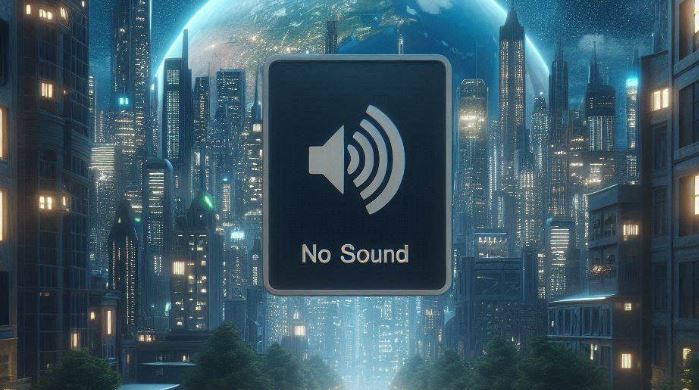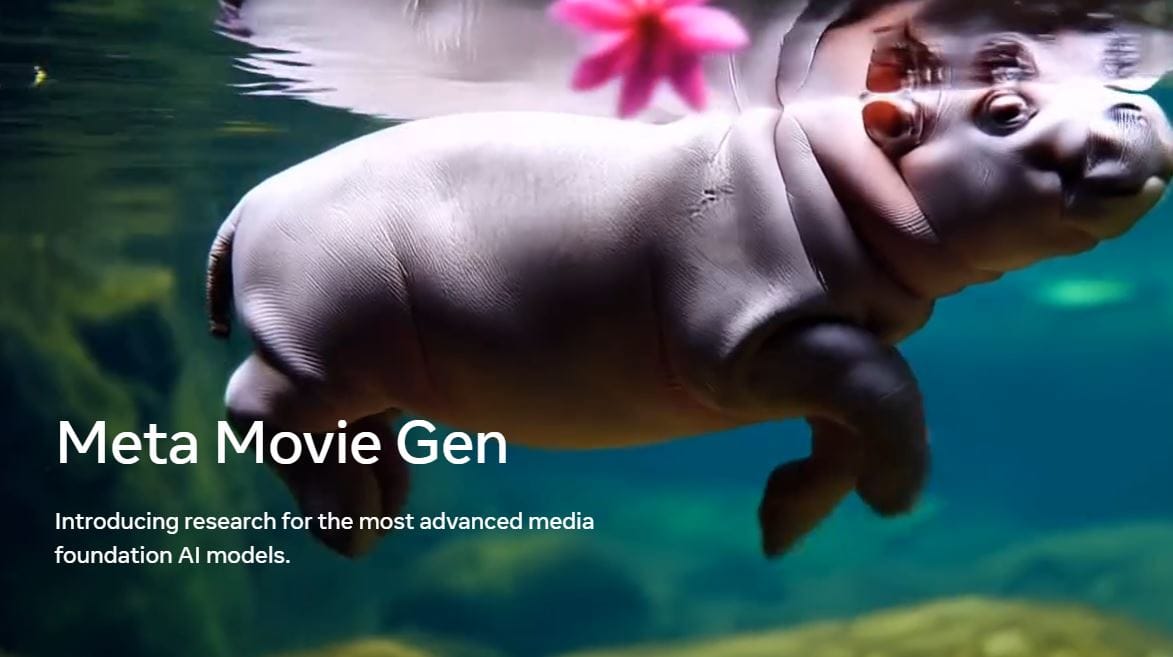Imagine waking up one day and realizing that the world had gone completely silent. No sound, no chirping birds, no hum of traffic, no music. It’s a strange thought, isn’t it? But what if there was no sound at all? How would our lives change, and what would we miss the most?
How Would Communication Change?
One of the first things you’d probably wonder about is how we’d communicate without sound. Speech is a big part of our daily interactions. In a soundless world:
- Sign language would become the primary mode of communication.
- Visual signals like facial expressions and body language would be even more critical.
- Text communication would dominate, meaning we’d rely on writing and reading more than ever.
Consider this: next time you’re at a loud concert, trying to shout over the music, you’re getting a small taste of what a silent world might force us to do.
What About Music and Entertainment?
Now, think about music. What if there was no sound to enjoy your favorite songs? Music is not just entertainment; it’s an emotional outlet, a way to connect with others. In a soundless world:
- Live music performances would vanish, replaced possibly by visual arts and dance.
- Movies and TV shows would lose a significant part of their impact without soundtracks and dialogues. Silent films might make a comeback, but with modern technology enhancing the visual storytelling.
- Virtual reality could evolve to include more haptic feedback (touch sensations) to compensate for the lack of audio.
Imagine watching a silent version of your favorite action movie – the explosions and dramatic scores replaced by intense visual effects and subtitles.
How Would We Stay Safe?
Safety is another significant concern. We rely on sound for many safety cues in our environment. Without sound:
- Sirens and alarms would need visual or tactile alternatives, like flashing lights or vibrations.
- Driving would change dramatically. Horns would be replaced by visual signals, and car designs might include more advanced warning systems.
- Emergencies in public places would require new protocols to alert people visually or through vibrations.
Picture a world where instead of hearing a fire alarm, you see bright flashing lights or feel a vibration on your smartwatch.
What Would Happen to Our Jobs?
Think about how many professions rely on sound. Teachers, musicians, call center workers, and many others would face significant challenges. In a soundless world:
- Teachers might use more written instructions and visual aids.
- Musicians would focus on creating purely visual performances or vibrations that people can feel.
- Customer service could shift entirely to chat and email-based support.
Imagine a classroom where instead of hearing lectures, students read everything from screens or whiteboards.
Social Life Without Sound
Social interactions would also change significantly. We often bond over shared sounds – music at parties, conversations over coffee, laughter. In a world without sound:
- Social gatherings might become quieter but could involve more interactive and visual activities like games or silent discos.
- Dating and friendships might rely more on written communication and face-to-face meetings where body language is key.
- Celebrations like weddings and birthdays would find new ways to create an atmosphere, possibly with more emphasis on decorations and visual experiences.
Think of a silent birthday party where the joy is expressed through gestures, smiles, and visual surprises rather than songs and laughter.
Impact on Nature and Wildlife
Sound is not just a human experience; it’s vital for many animals too. Birds use calls to communicate, bats use echolocation to navigate, and marine animals rely on underwater sounds. In a silent world:
- Birds and other animals might struggle to communicate, mate, or warn each other of dangers.
- Predator-prey dynamics could change dramatically without the sounds that many species rely on.
- Ecosystems might need to adapt, with animals developing new ways to sense their environment.
Imagine walking through a forest where the usual chorus of bird songs and rustling leaves is replaced by an eerie silence.
How Would Technology Adapt?
Technology would undoubtedly evolve to fill the void left by the absence of sound. We might see:
- Enhanced visual notifications on devices, like more advanced LEDs or screen flashes.
- Tactile feedback becoming a standard feature in gadgets, providing vibrations or other physical sensations.
- Augmented reality (AR) could play a bigger role, overlaying visual information onto our surroundings to compensate for the lack of auditory cues.
Consider how your smartphone might use vibrations and flashing lights to notify you of messages or calls, making sure you stay connected without sound.
The Psychological Impact
Living in a silent world could also have profound psychological effects. Sound often influences our moods and mental health. Without it:
- Stress levels might change, as we no longer hear soothing sounds like waves crashing or rain falling.
- Meditation and relaxation practices would evolve, focusing more on visual and tactile elements.
- Loneliness could increase if people find it harder to connect without verbal communication.
Imagine trying to relax without your favorite calming music, relying instead on visual scenery or tactile sensations like a weighted blanket.
Final Thoughts
A world without sound would be a drastically different place, reshaping everything from communication to safety to entertainment. While humans are incredibly adaptable, the initial shift would be challenging. We’d find new ways to connect, stay safe, and enjoy life, but the absence of sound would leave a noticeable void in our daily experiences.
Next time you enjoy a favorite song, hear a friend’s laughter, or listen to the rain, take a moment to appreciate the rich tapestry of sounds that make up our world.






